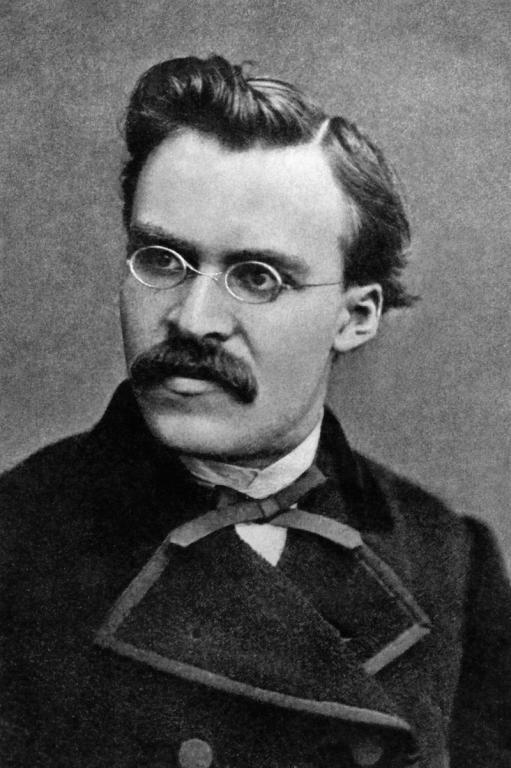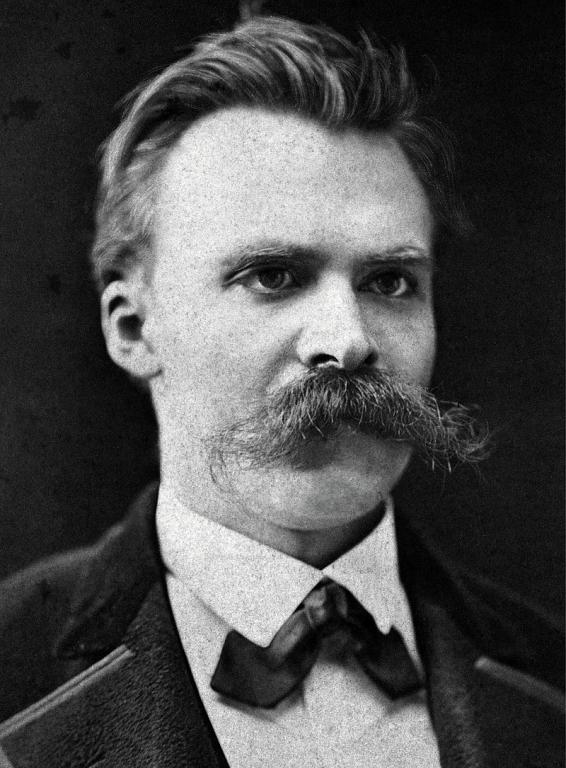At the center of my evangelical faith is the conviction that God is a living, active presence in the world. God is not a being who is distanced from the world and who no longer cares for it (if He ever did). By no means! Rather, God is integrally involved in its day-to-day affairs.
On the basis of this conviction that God is a living and active presence, I seek to live out my own faith in humble obedience to His will. It often has been helpful to me to view my life as an evangelical Christian as being two things at once: believing a particular set of doctrines and practicing a particular lifestyle. In my view to try to do either of these things, without the other, would be to fail to lead an authentic Christian life. The key then is to become skilled at doing both aspects of the Christian life – right belief and right practice – at the same time.

How can one develop oneself simultaneously in the skills of both belief and practice? How can one learn to love, as a person, a living and active God? Consider the ancient art of Christian meditation. Although I have tried to exercise this art on and off for many years, as a discipline it takes a lot of practice and I have by no means gotten good at it. But even in the small quantities in which I have done it, it has been as rewarding as anything else I have done in my spiritual journey. With a few exceptions, when one looks back into the history of Christian meditation one primarily finds what might be termed ‘positive’ meditation rather than ‘negative’ meditation. I do not mean here by ‘positive’ that one is focusing solely during one’s meditation on positive thoughts. Instead what I mean, more simply, is just that most of the saints in the Christian tradition who have practiced meditation have done so in order to fill their minds up with content – rather than to empty their minds of content (as is often imagined whenever the subject of spiritual meditation is brought up). So I do not mean by ‘meditation’ that persons seek to behave as if they were in a mental void, emptying themselves of all of their desires. Usually, of course, in practice the content on which the saints in the tradition have tended to concentrate has been the uplifting and insightful truths of the Scriptures. They have found a particular spiritual promise or verse and have endeavored to shape their minds around it.
So a Christian would be practicing this kind of meditation if she were to take ten minutes and memorize, as St. Augustine once did, the first two verses of Romans chapter 12: “Therefore, I urge you, brothers, in view of God’s mercy, to offer your bodies as a living sacrifice, holy and pleasing to God – this is your true and proper worship. Do not conform to the pattern of this world, but be transformed by the renewing of your mind. Then you will be able to test and approve what God’s will is – His good, pleasing, and perfect will.” (NIV) And if in meditating on this verse she were to focus in on the phrase ‘be transformed by the renewing of your mind,’ rolling it over and applying it to her life, then she would be beginning to realize in practice these abstract spiritual insights.
I have often found it helpful in my spiritual journey to use devotional books, as practical meditation materials. Brother Lawrence’s ‘Practice of the Presence of God’ is a longstanding favorite. One discipline that Brother Lawrence would do, while going about mundane daily activities like making food or cleaning the dishes, was in a conscious way to fill his mind with the idea of God’s presence. This discipline, he writes, did not involve any spectacular mental exercise. Instead it was a simple thought process, cultivated over many months and years of habit, by which he reminded himself each day of God’s presence and truths.
The only possible response that I think we can take if we truly believe that God is a living and active presence in the world is to fall on our faces each day in humble obedience. And part of this process of obedience, part of learning to live with a dynamic God, is to get to know Him and to learn His truths. Like anything valuable, it takes time and practice. God’s truths are there for us to know, but we need to pause and to learn how to meditate on them, to understand how to roll them over in a disciplined way in our minds, in order to experience true knowledge. If you were investing yourself in a human relationship, you would take the time to get to know the other person. Taking time to get to know a living and active God is no different, and it is a daily experience.











